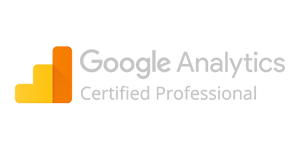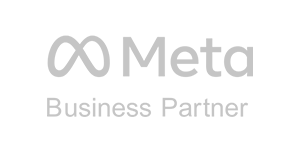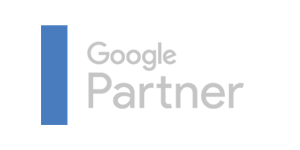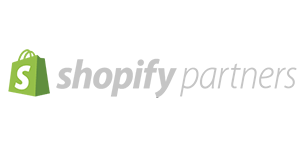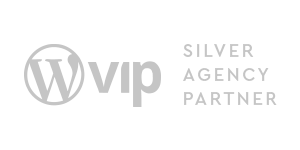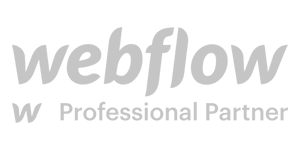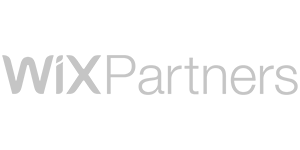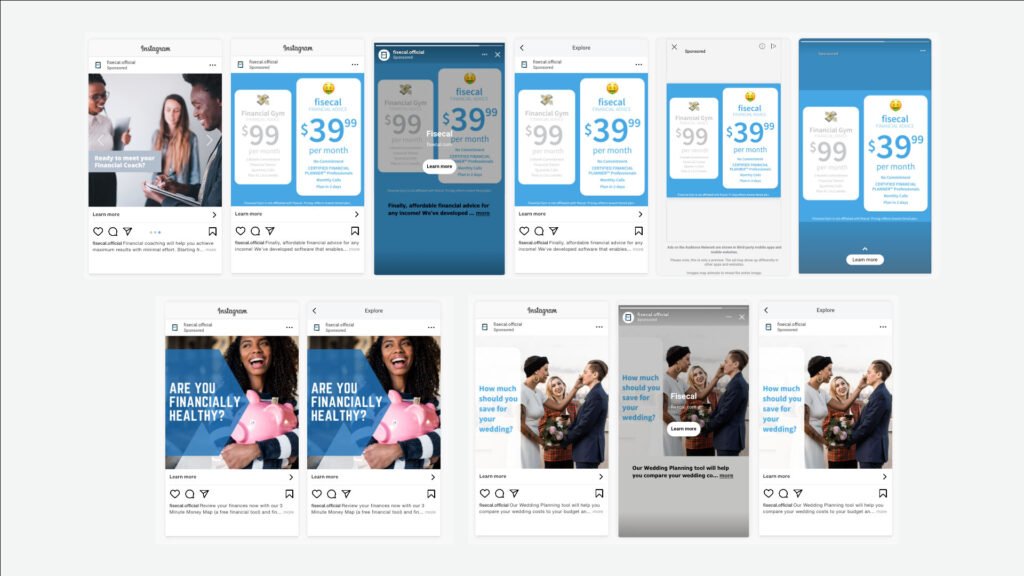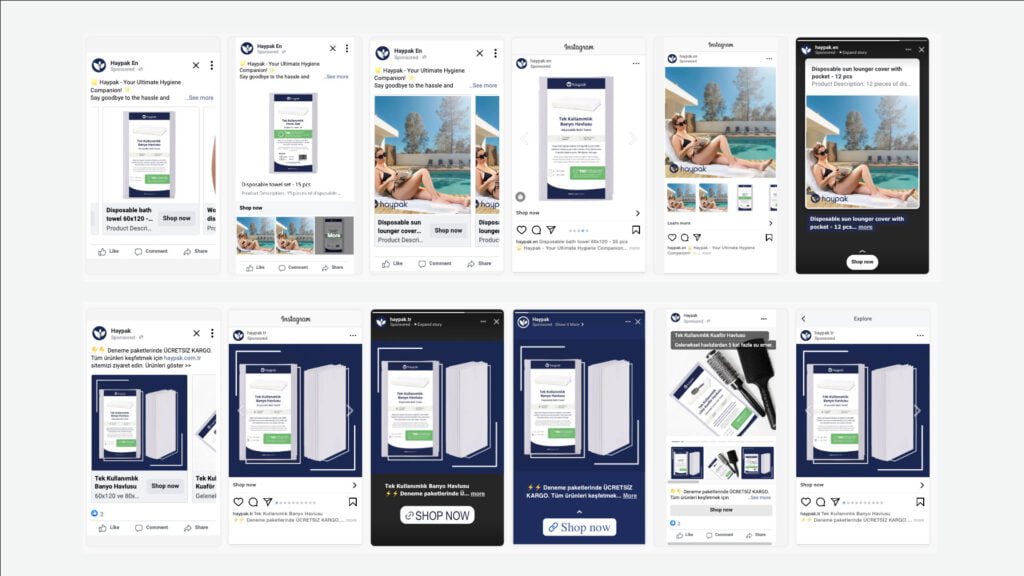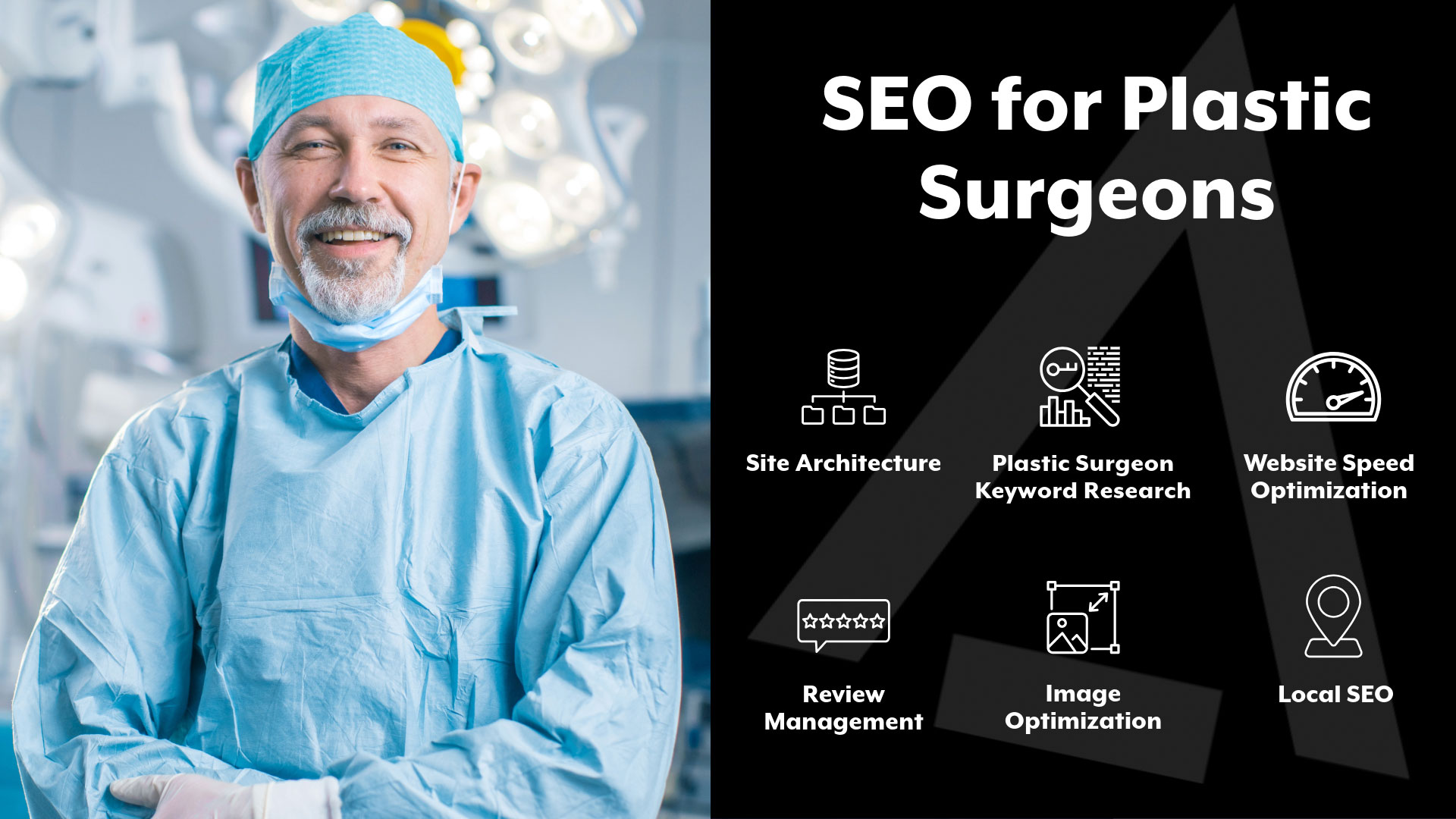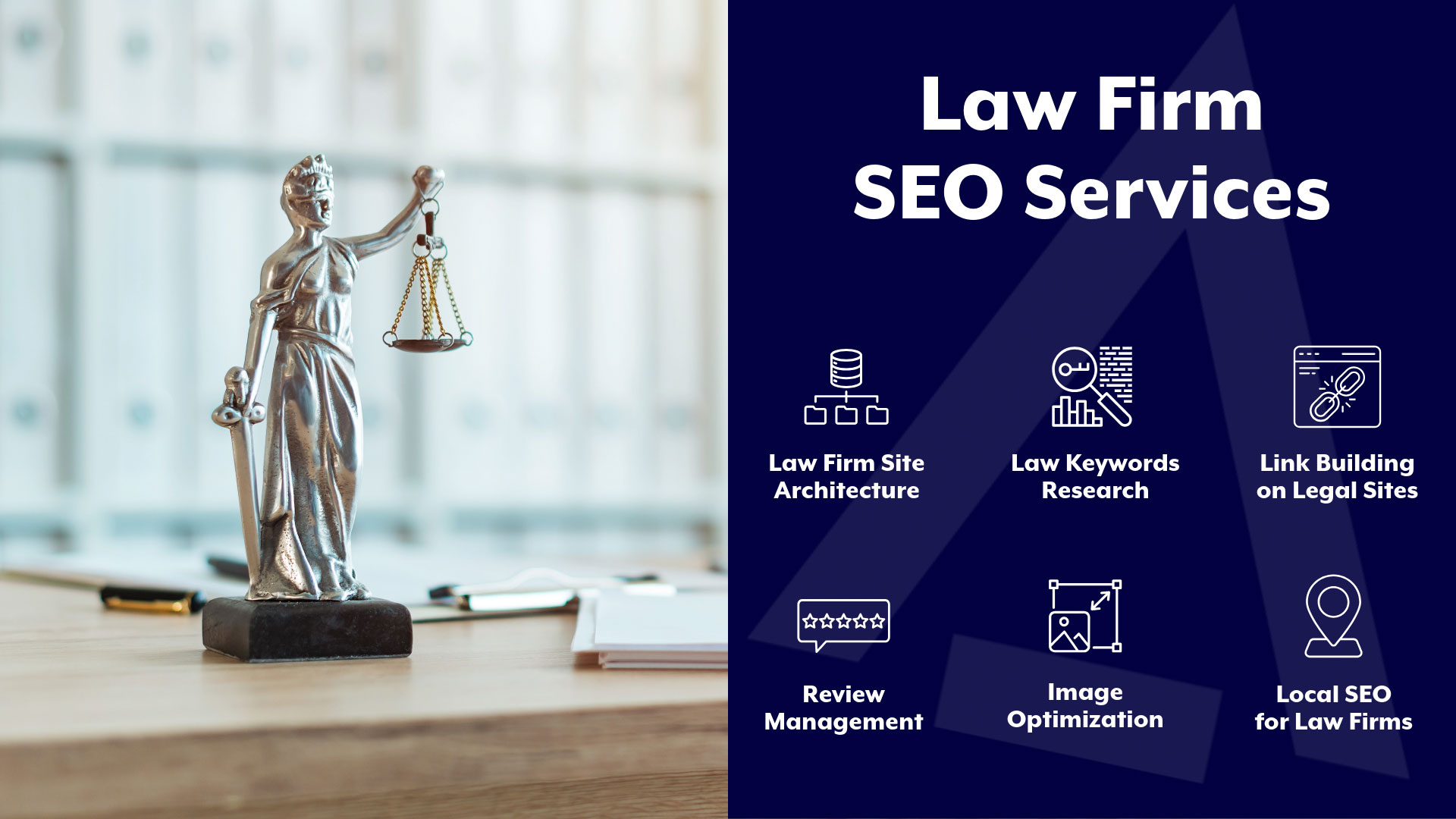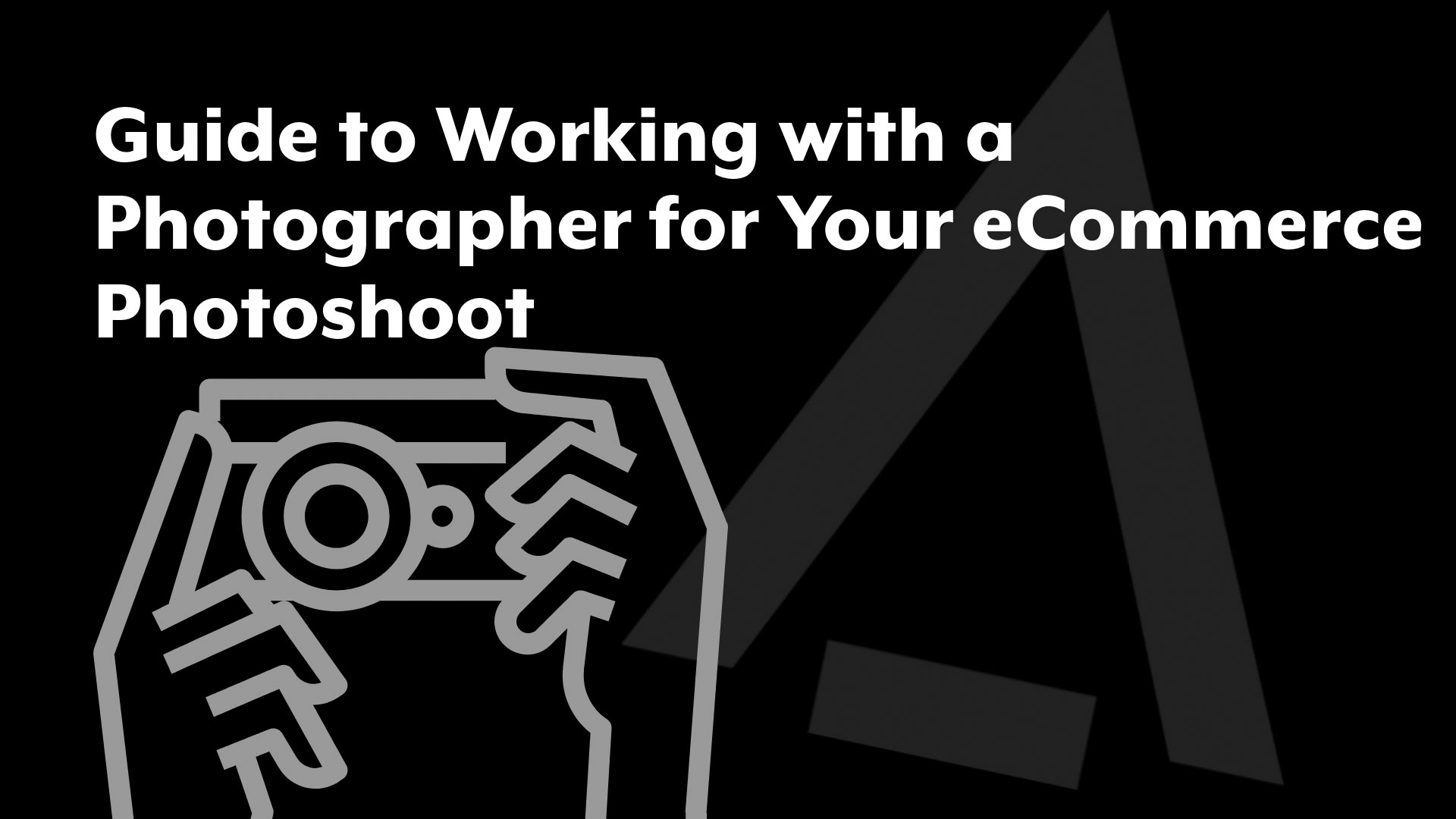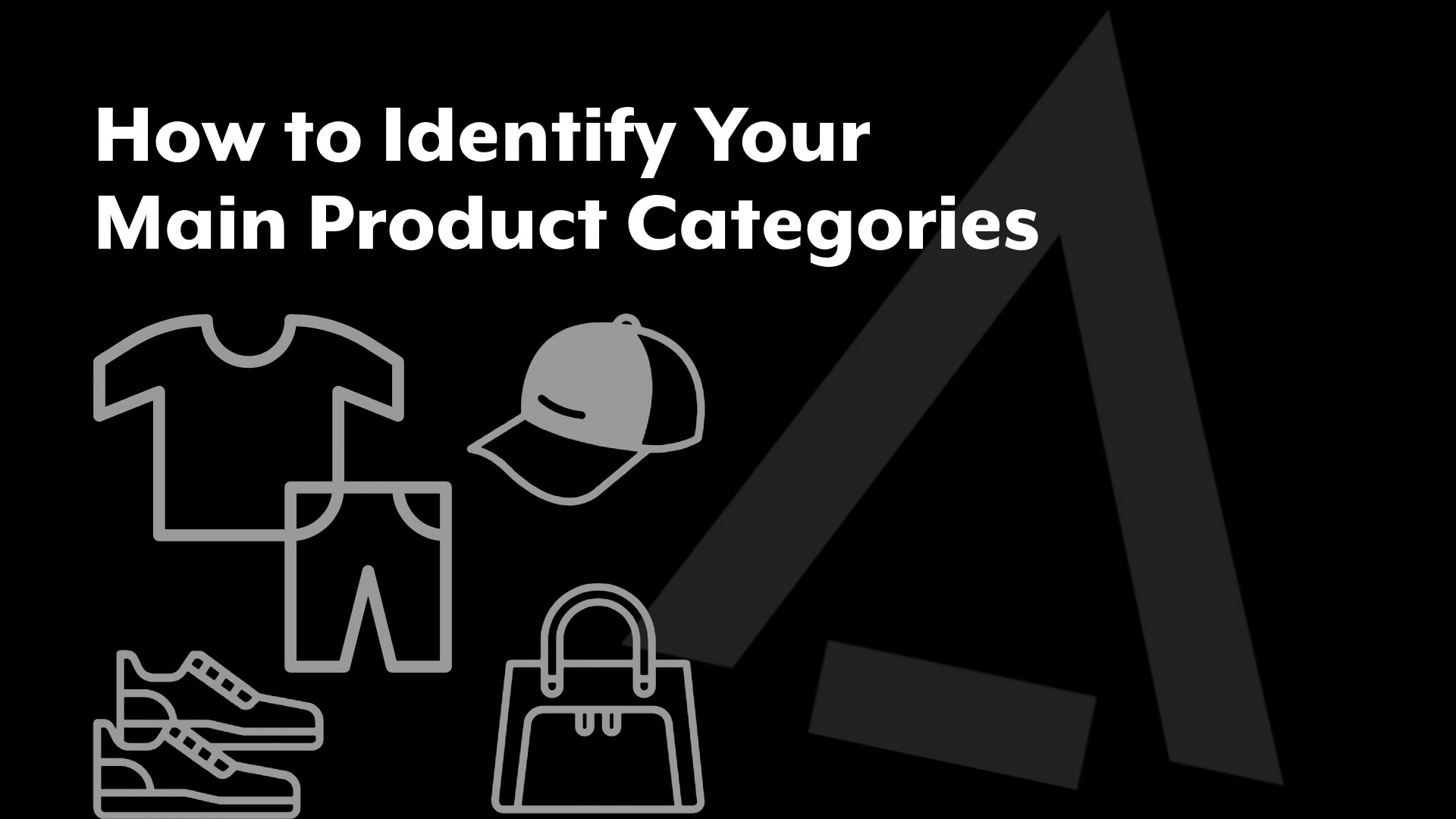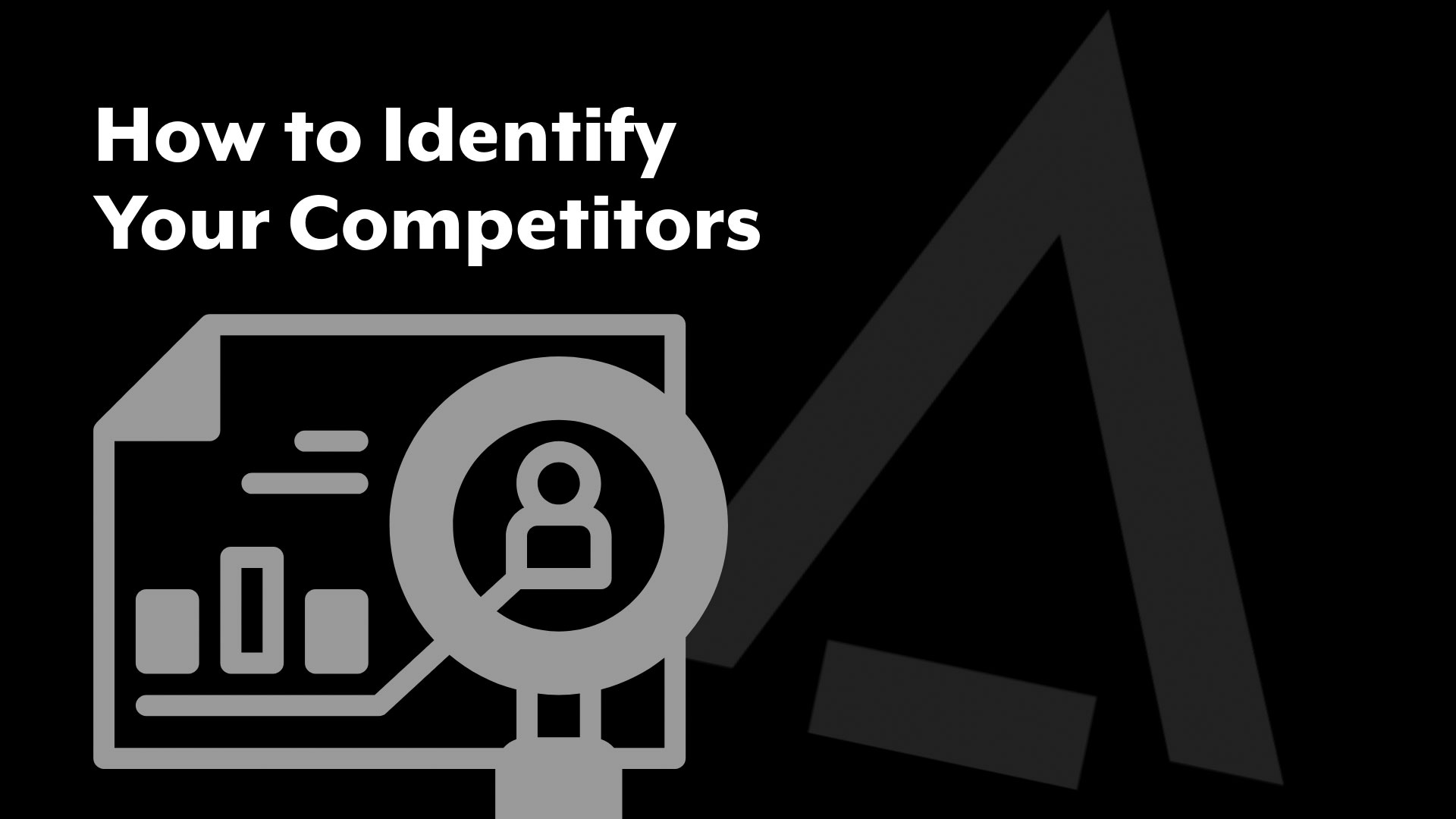When is the right time to transition to enterprise SEO services?
For many businesses, making the move from traditional to enterprise-level solutions is a significant step, symbolizing both growth and the potential for elevated success. If you’re contemplating the shift and uncertain about its necessity, consider the following signs:
- Your website excels in ranking for numerous long-tail keywords (three to four words).
- Your company heavily relies on paid advertising to secure visibility for competitive keywords in search results.
- Your website struggles to organically rank for competitive, short-tail keywords.
In certain instances, your current SEO agency may fall short of meeting your expectations, particularly if they specialize in traditional SEO. If appearing in enterprise-level search results is beyond their capabilities, a reevaluation becomes necessary. Despite the understandable limitations, your company must prioritize its success. Upgrading to enterprise-level SEO services makes sense if you aim to continue growing and harness the full benefits of SEO, allowing you to target high-value, high-competition search results in your industry, products, or services.
If your brand is already partnered with an enterprise SEO agency, it’s essential to reassess the collaboration. Instances of unresponsiveness, service delivery issues, or a misalignment with your business goals may warrant reconsideration. Regardless of your situation, the decision requires careful consideration, emphasizing the importance of selecting a service package that aligns with your needs and choosing an agency that instills trust in managing your site and brand.
Why corporates choose our enterprise SEO services?
The enterprise SEO packages offered by ARMOUR are the preferred choice for leading businesses across various industries. Trusted by large companies, our packages are selected for several reasons shared by many:
- Tailored SEO Strategies: ARMOUR provides custom SEO strategies to cater to the unique needs of every company.
- Results-Driven Focus: Our emphasis is on delivering tangible and impactful results for our clients.
- Client Testimonials: With over 1000 client testimonials, we have a track record of satisfied partnerships.
- Transparent Pricing and Reporting: ARMOUR maintains pricing and reporting transparency to build trust with clients.
- Marketing Automation and AI Software: Utilizing advanced technology, we offer marketing automation and AI software for enhanced performance.
- High Ratings and Reviews: Achieving a 4.9 rating on Clutch with over 300 reviews reflects our commitment to excellence.
- Industry-Leading Talent: Our team comprises industry-leading talent with expertise in driving successful SEO campaigns.
- Client Education Commitment: ARMOUR is committed to educating clients, empowering them to make informed decisions.
Choosing ARMOUR as your partner means trusting us as an extension of your team, dedicated to advocating for your company’s success. We invest in your achievements and work collaboratively to help your business and team reach its most ambitious goals.
FAQs on Enterprise SEO
Do you have more questions? Explore our FAQ:
- What is enterprise SEO? Enterprise SEO takes a more competitive and aggressive approach compared to traditional search engine optimization. It involves optimizing your business’s website for keywords with higher search volumes and competition, often focusing on short-tail keywords.
- What are enterprise SEO services? Enterprise SEO services, also known as corporate SEO services, are designed for large-scale SEO strategies. These strategies target keywords with higher search volumes and competition levels while working to maintain or enhance existing keyword rankings.
- How much do enterprise SEO services cost? Most businesses typically invest between $3,000 to $10,000 per month in enterprise SEO services. Some companies allocate significant budgets, with investments exceeding $20,000 per month for corporate-level SEO.
- What is included in enterprise SEO services? Standard services include traditional SEO deliverables such as custom strategy, keyword research, website audit, conversion analysis, copywriting, keyword optimization, universal SEO (covering video, images, news, and maps optimization), website audit updates or fixes, quarterly earned media content, and reporting. ARMOUR’s enterprise SEO packages also feature a dedicated account team of five or more members and a social media strategy. As a comprehensive enterprise digital marketing agency, we offer additional services like PPC, content marketing, social media advertising, and voice search optimization.
- Do enterprise SEO solutions include local SEO? While each SEO solution varies, most include core local SEO elements. ARMOUR’s enterprise SEO services encompass universal SEO optimizations, including Google Maps optimization. Our local SEO services take a detailed approach to local optimization, ensuring your brand’s local presence.
- When should a company transition from traditional to enterprise SEO? Consider transitioning if your business:
- Ranks well for hundreds of long-tail keywords.
- Struggles to rank for competitive, short-tail keywords.
- Aims to expand online presence and revenue. It’s crucial for your company to have a budget suitable for corporate SEO services.
- How can I assess my enterprise’s SEO? You can evaluate your company’s SEO through:
- A professional SEO audit.
- Third-party tools or programs.
- An in-house SEO audit. Larger companies often benefit from a professional SEO audit, offering immediate insights into your SEO strategy from experts. Professional audit costs range from $650 to $14,000.
- How can I learn more about ARMOUR’s enterprise SEO services? For additional information on our enterprise SEO services, reach out to our team. Whether you have inquiries about package details or costs, our experienced strategists are ready to answer your questions.
How does enterprise SEO differ from traditional SEO services?
Both enterprise and traditional SEO share a common objective: enhancing visibility in online search results.
Traditional SEO vs. Enterprise SEO
Enterprise SEO:
- Targets short-tail keywords
- Focuses on high-competition keyphrases
- Requires a higher financial investment
Traditional SEO:
- Targets long-tail keywords
- Focuses on low-competition, high-value keyphrases
- Requires a moderate financial investment
While these two SEO services share the same goal, there are notable differences, such as:
Keyword selection in Enterprise level SEO
Enterprise-level SEO employs a more aggressive approach to keyword targeting. Traditional SEO strategies typically focus on long-tail keywords, featuring three to four words with lower search volume and competition, often tailored to specific user intents, making content creation easier.
In contrast, corporate-level SEO solutions center around short-tail keywords, comprising one to two words, with higher monthly search volumes and more competition. Examples include:
- Short-Tail Keywords: “athletic shoes” “running sneakers” “Casual footwear” “Designer heels”
- Long-Tail Keywords: “Best lightweight athletic shoes for marathon running” “Top-rated running sneakers for trail running” “Comfortable and stylish casual footwear for men” “Designer heels for special occasions and evening wear”
For companies transitioning to enterprise SEO or already utilizing it, they likely rank for numerous long-tail keywords, while the challenge lies in optimizing for short-tail keywords that offer significant traffic, sales, and leads.
Competition in Enterprise level SEO
Competition distinguishes traditional SEO from enterprise SEO. Pursuing short-tail keyword search results involves substantial competition from prominent brands. However, an experienced SEO agency, like ARMOUR, can devise strategies for reaching the top of these competitive search results.
Corporate-level SEO’s heightened competition prompts a strategic approach, emphasizing investments in tactics that yield the best return on investment (ROI). Agencies can assist by focusing on keywords with fewer than 30 million results for corporate SEO, while traditional SEO targets keywords with fewer than one million results.
Budget in Enterprise level SEO
The financial contrast between traditional and corporate SEO is evident, with 45% of enterprise-level businesses investing over $20,000 monthly, while the average SMB allocates $1,500 to $5,000 monthly. Larger companies invest more due to their size, competition, and available funds for marketing. However, not every organization may have the budget for enterprise-level SEO services, in which case, traditional SEO should be maximized for its benefits.
It’s crucial to note that only 45% of enterprise-level businesses spend upwards of $20,000 per month, and the remaining 55% allocate varying amounts to corporate SEO solutions. The average cost of enterprise SEO services ranges from $3,000 to $10,000 monthly, providing ample opportunities for thriving businesses to leverage this type of SEO.
To delve deeper into the distinctions between traditional and enterprise-level SEO packages, our experienced strategists are available to assist. Contact us online to engage with one of our strategists and discuss your business’s needs and SEO requirements.



